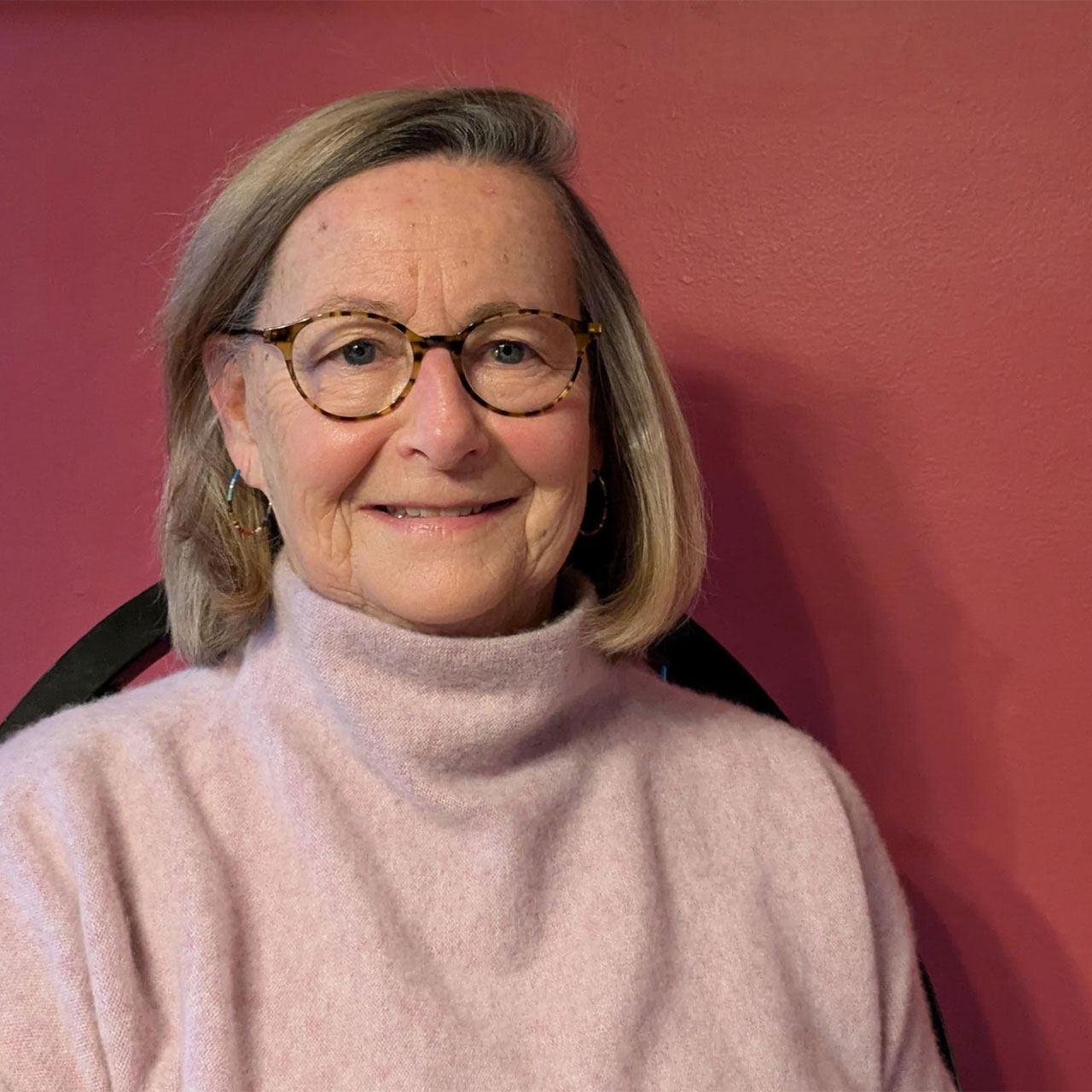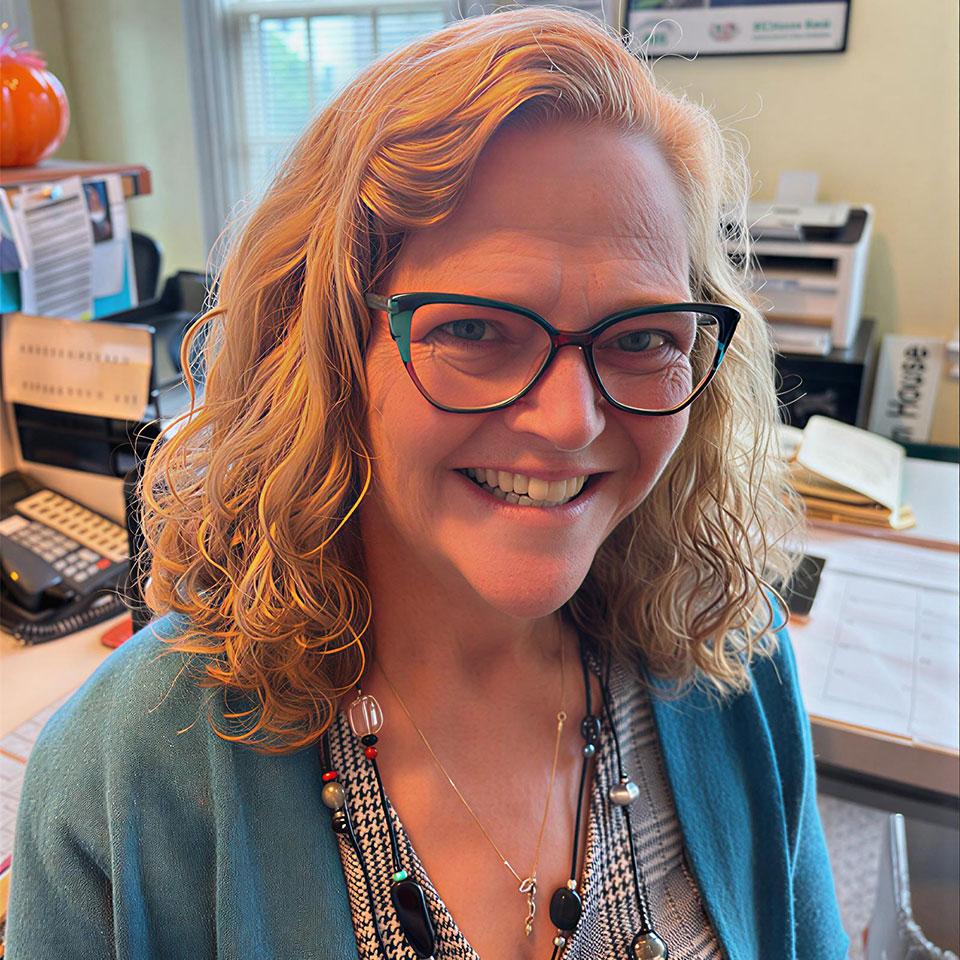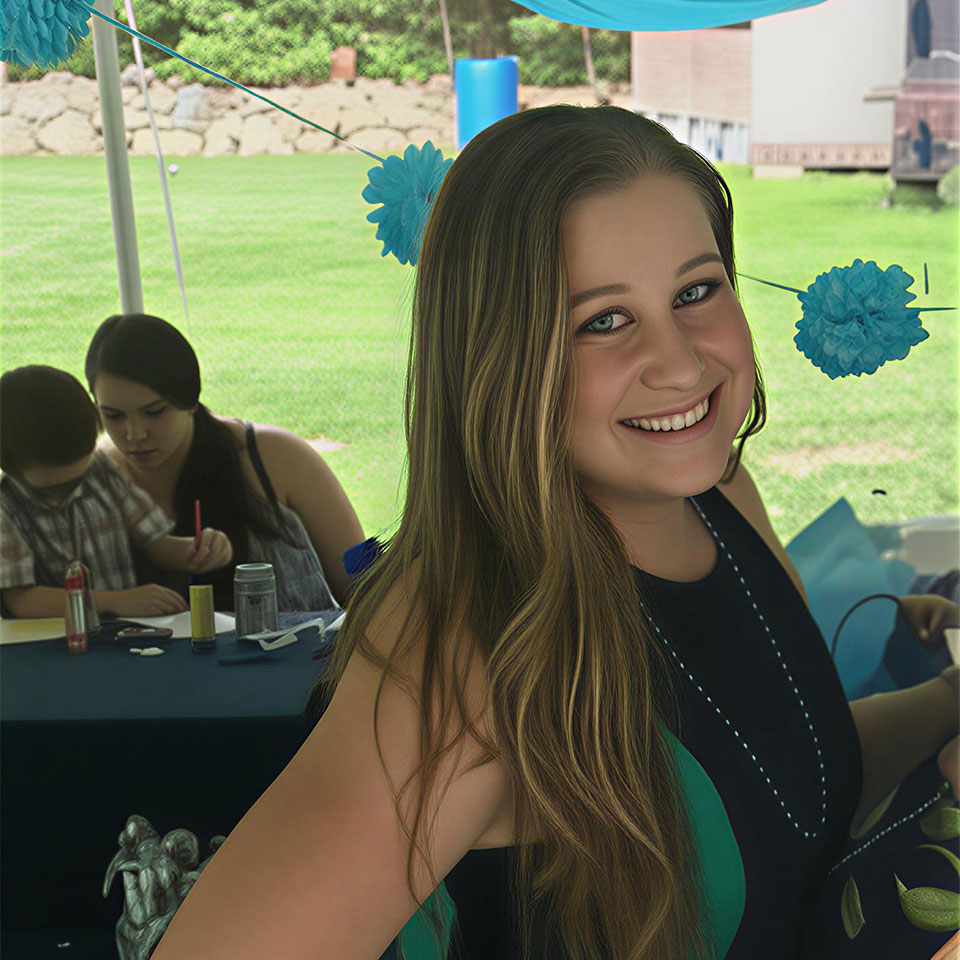Thomas Deller

When did you first become interested the housing issue?
My interest in housing started in 1989-1990 when I was Associate Director of Planning for the city of Providence. It was a time when we were really developing housing in Providence, and I saw it as a way to invigorate regrow the city and have a major impact for people of Providence
What are your thoughts on how SWAP has made a difference in housing and revitalizing neighborhoods over the past 50 years?
SWAP has been a major player contributing to housing initiatives that have made considerable progress through the years- especially in Providence. Early on, when Carla got to SWAP, I remember talking with her about all the vacant land and rundown housing in the city. It was amazing; she put together this plan to reinvent the neighborhood. It was intriguing. SWAP’s multi-purpose focus helped people become homeowners, improved the quality of the neighborhood and maintained the community’s culture and character. It has made a large difference.
Community housing development has evolved over the past 50 years – but we find ourselves in a housing crisis. What do you see as the role for SWAP and other CDC’s in finding solutions to create more housing in RI?
There are couple of roles. Of course, there is the traditional role of developing housing. But perhaps more importantly SWAP and CDC’s help us identify the roadblocks to building new housing. The CDCs are on the ground on a day-to-day basis. They have insights that help us figure out how to operate more efficiently and how to generate more affordable housing. For example, going back to the early 90s SWAP was building a particular house model and doing it repetitively. It was very successful. However, there was a problem. Every time SWAP came in to build another of the same model house, they had to go through the same process, pay the same charge for review of the full plan and issuance of housing permit. It was time consuming and expensive. SWAP asked to change the fee structure. which made perfect sense. We ended up getting an ordinance passed to have a reduced structure, less red tape, more efficiency. Those are the types of things the CDCs can do. They can propose zoning styles; they know to get things done. They know how things work.
Do you have an anecdote or funny story to share about your experience working with SWAP?
I think SWAP always went out of the way to make sure they recognized people in the neighborhood. I am impressed by how SWAP works with the people to make sure its goals are aligned with what the community wants and needs while preserving what makes it special.
Finally: what are you doing now?
I am Director of Development and Public Service for town of Johnston where I oversee, building, code enforcement, engineering, planning and public works.
In addition, in my spare time, I am Chairman of the State Land Use Commission which was created by House Speaker Joe Shekarchi. This is our 5th year. We analyze the State’s planning and zoning laws and help the Speaker form his housing package to improve the development process.
You might also enjoy

Carla DeStefano
Born from the ashes of burning houses, SWAP marks 50 years of tenacity. We're still fighting the fire of housing affordability.

Marilyn Carlson
Since 2001, Senior Deputy Director Marilyn Carlson has dedicated her career to revitalizing neighborhoods and building affordable housing.

Lynn Sexton
Since 2018, Portfolio Director Lynn Sexton has passionately led SWAP's efforts to revitalize neighborhoods and expand affordable housing access.

